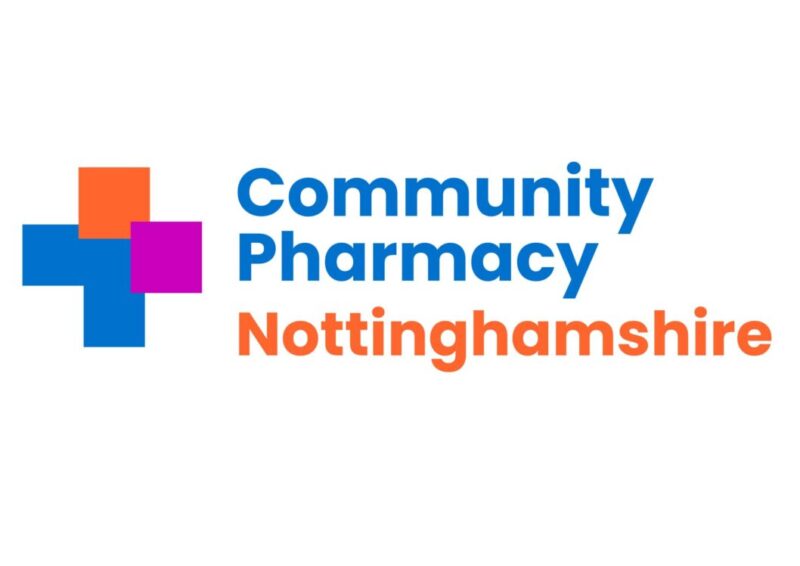Pharmacy Contraception Service
Following negotiations between Community Pharmacy England, the Department of Health and Social Care and NHS England, an expansion of the OC service was agreed and announced in November 2023. The expanded service, which removes reference to the original tiered service proposal, enables community pharmacists to initiate oral contraception, via a PGD, and provide ongoing clinical checks and annual reviews.
The service provides another opportunity for pharmacy owners to help address health inequalities by providing wider healthcare access in their communities and signposting service users into local sexual health services in line with NICE guideline NG 102.
Providing the service
Individuals can access the service by any of the following routes:
- Identified as clinically suitable by the pharmacist and accepts the offer of the service;
- Self-refer to a community pharmacy;
- Referred by their general practice;
- Referred from a sexual health clinic (or equivalent); or
- Referred from other NHS service providers, e.g. urgent treatment centres or NHS 111.
Note: for the purposes of this service, a referral includes active signposting to attend the pharmacy to receive the service.
The pharmacy must respond to anybody requesting the service as soon as is reasonably possible. Following discussion, if the pharmacy is unable to offer a consultation within the time needed to meet the person’s contraception need, they should be signposted to an alternative pharmacy or other service for a consultation.
Eligibility
The service specification lists the following inclusion and exclusion criteria for the service:
Inclusion criteria
To be eligible to access this service a person must:
- An individual seeking to be initiated on an OC, or seeking to obtain a further supply of their ongoing OC:
- Combined oral contraceptive (COC) – age from menarche up to and including 49 years of age;
- Progestogen only pill (POP) – age from menarche up to and including 54 years.
Exclusion criteria
A person will not be eligible for this service if:
- The individual is considered clinically unsuitable, or is excluded for supply of OC according to the PGD protocols, including, but not limited to:
- Individuals under 16 years of age and assessed as not competent using Fraser Guidelines; and
- Individuals 16 years of age and over and assessed as lacking capacity to consent.
Additional inclusion and exclusion criteria are listed in the PGDs and as such, pharmacy owners should refer to both the service specification and the PGDs to confirm the full inclusion and exclusion criteria for the service. Where people are not eligible for the service, pharmacy team members can signpost them to other appropriate local services.
General practice and sexual health clinic (or equivalent) referrals
If practices or sexual health clinics (or equivalent) want to refer individuals to the service, then pharmacy owners should work with their practices and local sexual health clinic (or equivalent) to agree a local process by which this will work; there are no specific requirements set for this process.
Signposting patients
A service finder, on the NHS website, lets members of the public and healthcare professionals search for a pharmacy that offers the contraceptive pill without a prescription as part of the PCS. Please keep your DoS profile up to date if you are providing this service.
Consent
Prior to provision of the service, verbal consent must be sought from the individual by the pharmacist and recorded in the clinical record for the service.
Pharmacy owners also need to ensure that the individual is made aware that the following sharing of information will take place:
- The sharing of information between the pharmacy and the individual’s general practice (where the individual agrees to this) to allow the recording of the appropriate information in their GP practice record;
- The sharing of information about the service with NHS England as part of service monitoring and evaluation; and
- The sharing of information about the service with the NHSBSA and NHS England for the purpose of contract management and as part of post-payment verification (PPV).
However, if the person does not consent to sharing information with their general practice or they are not registered with a general practice, the consultation can still proceed, and a notification to the practice will not need to be sent.
The General Pharmaceutical Council’s Guidance on Consent provides information on consent for pharmacists and their teams.
A list of the information that must be sent to the individual’s general practice is available in Annex B of the service specification.
A list of the dataset that is extracted from the pharmacy clinical records and submitted to the NHSBSA is available in Annex B of the service specification.
Safeguarding
Either party may request / offer a chaperone to be present during the consultation. More information regarding use of a chaperone can be found in the Clinical Governance of the CPE website
During the consultation, if the pharmacist is concerned about a potential safeguarding issue, then appropriate action should be taken, where necessary, in line with local safeguarding processes.
If the individual is less than 16 years of age, an assessment based on Fraser guidelines must be made and documented.
If the individual is less than 13 years of age, the pharmacist should speak to the local safeguarding lead and follow the local safeguarding policy.
Nottinghamshire County Safeguarding
For more information go the CPE website page


